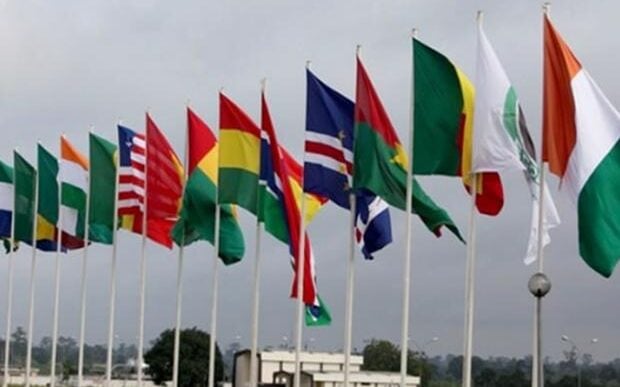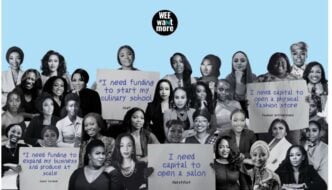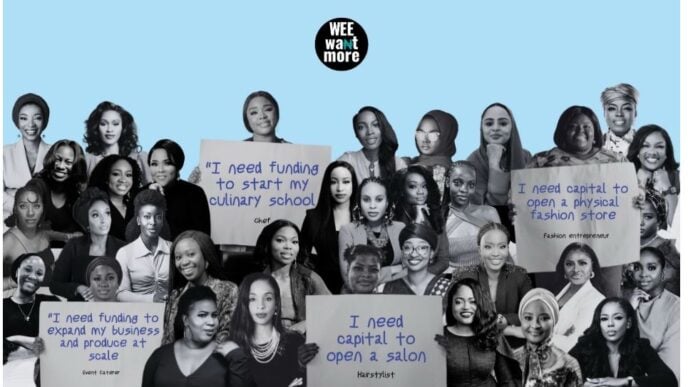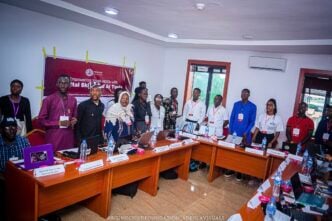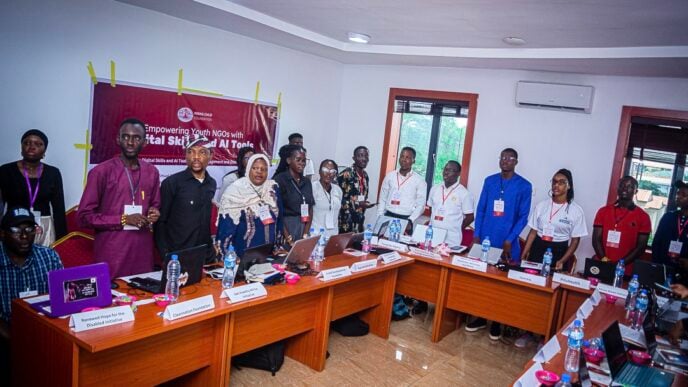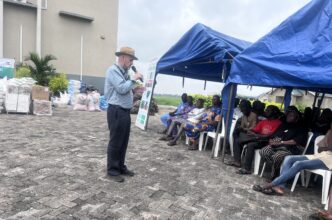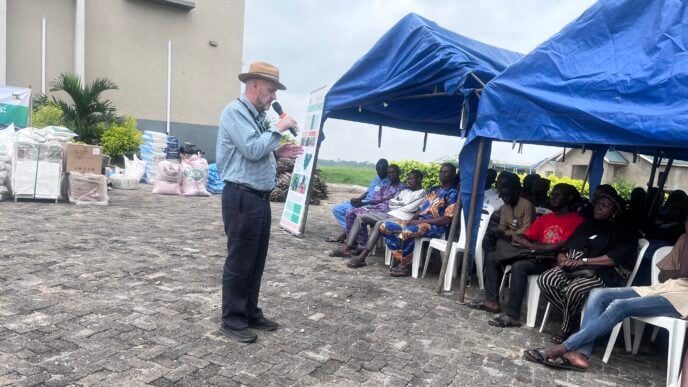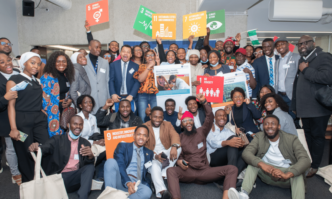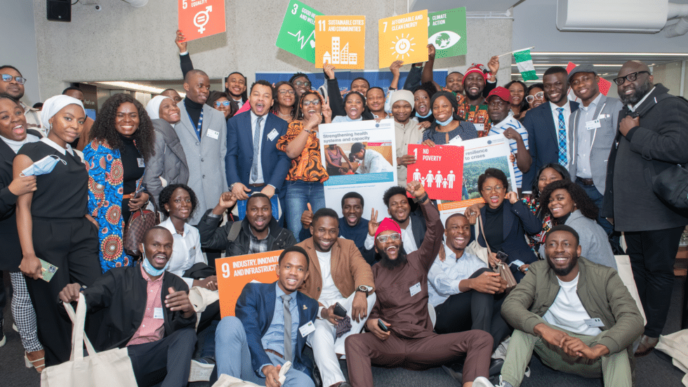CJID workshop for journalists
The Centre for Journalism Innovation and Development (CJID) has organised a workshop for journalists and media executives on navigating anti-free speech laws and strategic lawsuits against public participation (SLAPP).
The workshop titled: ‘Navigating legal challenges, laws that criminalise journalism, And Strategic Lawsuits Against Public Participation (SLAPPs),’ was held in Lagos on Wednesday.
The workshop featured sessions on how journalists can navigate SLAPPs, along with experience-sharing discussions where media executives recounted their experiences with lawsuits.
Busola Ajibola, deputy director at CJID, said the workshop became necessary as journalists continue to face legal harassment for reporting the truth.
Advertisement
Ajibola said SLAPPs are being weaponised to “silence investigative reporting, suppress accountability, and induce self-censorship through fear, fatigue, and financial drain”.
She added that CJID’s focus is not only to expose repression but also to equip journalists with tools to survive it “with ethics, lawfulness, and courage intact.”
A session on internal challenges in the media space turned the mirror inward, raising concerns over a growing pattern of practices that undermine press freedom from within the industry.
Advertisement
Participants cited falling editorial standards as a key problem, including where unverified facts are published in reports without sufficient checks.
Others pointed to a rise in vendetta-based reporting, where personal grudges are repackaged as public interest stories, weakening the credibility of the press.
They also flagged distorted incentive structures, where the chase for virality on social media increasingly takes priority over accuracy.
The result, they said, is a clickbait culture that shifts journalism from a watchdog role to what one speaker described as “a hunter’s instinct.”
Advertisement
In response, participants called for stronger legal frameworks within media organisations.
Newsrooms were also urged to establish in-house legal desks and ensure legal officers are involved at the story planning stage, not only when litigation arises.
Speakers emphasised that proactive legal input should be a standard editorial safeguard in the current climate of media repression.
PROTECTING WOMEN IN MEDIA AGAINST HARASSMENT
Advertisement
The workshop also spotlighted the gendered realities of press freedom violations, with female journalists bearing different challenges unlike their male colleagues.
Ajibola, who also facilitated the session, said attacks on women in the media are often laced with sexual, personal, and reputation-related undertones.
Advertisement
“The scenario for women in the media is starkly different from that of men. For women, physical assault often escalates to sexual harassment,” she said.
“There have been multiple instances where female journalists have been inappropriately touched by police officers, and in some cases, law enforcement has denied them access to basic sanitary products as a form of repression.
Advertisement
“This deliberate humiliation is part of a broader strategy to undermine their dignity and work.”
Participants also flagged online gender-based violence, including doxxing and cyber harassment, as major threats.
Advertisement
They also noted that newsrooms often lack protocols to respond to such threats.
Key recommendations include a gender-sensitive approach to tracking press freedom violations, emphasising the need to document the distinct threats faced by women in media.
Participants also called for confidential legal and psychosocial support systems within newsrooms, tailored to address the unique vulnerabilities of female journalists.
They urged media organisations to incorporate gender safety into editorial risk assessments, ensuring that planning processes account for the specific dangers women encounter in their line of work.



